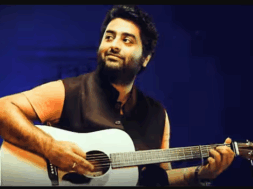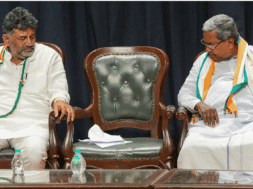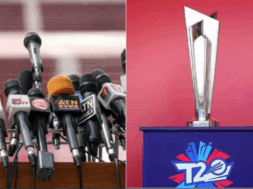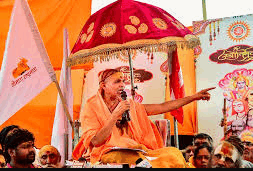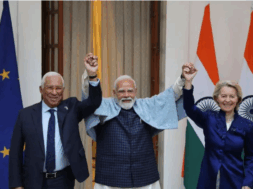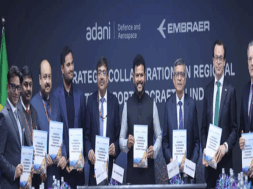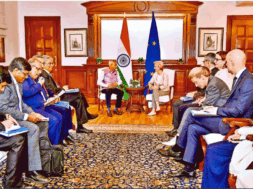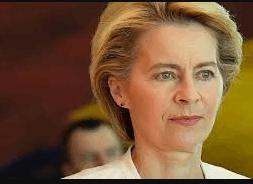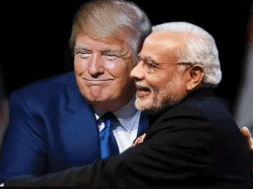
Pakistan: Political-economic uncertainty grips a broke Islamabad over the next govt
Virendra Pandit
New Delhi: Even a week after the “final results” of the fractured outcome of the February 8 elections, nobody knows yet who will be the next Prime Minister of Pakistan. Not that there aren’t any hopefuls. There are many, but, given the slippery ground underneath, none wants to step on it!
The once all-powerful Army, smarting after its utter humiliation by the dumped friend-turned-foe Imran Khan, is now trying to woo him back. But the wily former cricketer ignored these overtures and has, instead, been wooing the Islamist politicians who lost the National Assembly polls but still want to share power by mobilizing extremists on the roads—all at the cost of the Army.
Then there is the three-time PM Mian Mohammed Nawaz Sharif. He does not want to take the oath a fourth time and would rather have his younger brother Shehbaz take the oath a second time—not because the Sharif Senior has lost interest but because he does not want to share power with the Bhutto-Zardaris, as the father-son duo could pull the rug anytime—they are even hobnobbing with Imran, according to the media reports.
Moreover, the extra careful Army–it has burnt fingers twice with Nawaz–has made it clear to the ex-premier that he cannot become the PM and also have his daughter Maryan become the Chief Minister of the Punjab Province—that would mean too much concentration of power in the hands of the father-daughter duo—to the detriment of the military’s varied interest.
So, Islamabad’s musical chair race continues with no one calling it a day.
Amid these uncertainties, the two major political outfits—the Pakistan Muslim League-Nawaz and the People’s Party of Pakistan—are still trying to bridge differences over forming a minority coalition government. On Monday, they held the fifth round of talks.
“Both the parties haven’t yet agreed on final points,” said Ishaq Dar, a Senator of Sharif’s PML-N party, who is leading it in the talks, the media said.
“Negotiations are underway on various proposals” for power sharing, he added in a statement on Sunday posted on social media platform X.
The PPP, headed by former foreign minister Bilawal Bhutto Zardari, has announced “conditional” support for the PML-N, saying it will vote for Sharif to form the government, but would not take positions in cabinet. That is, the PPP would only lend outside support to the Sharif government, with the ‘freedom’ to pull the rug anytime.
Jailed former PM’s party members who won seats in the elections will join the minority Sunni Ittehad Political Party to form a government, the party’s interim chief, Barrister Gauhar Khan told reporters on Monday.
Khan’s PTI won the most number of seats (93) in the elections as independents after the party was barred from contesting.
Gauhar said the decision to have the PTI-backed independent candidates join another party was made so that the nearly disbanded party could have access to the reserved seats allocated for women and minorities.
These political uncertainties are dogging a nearly bankrupt Pakistan which narrowly averted a sovereign default in mid-2023 with a USD 3-billion bailout from the International Monetary Fund, but the lender’s support ends in March, after which a new, extended program will be needed.
Pakistan’s vulnerable external position means that securing financing from multilateral and bilateral partners will be one of the most urgent issues facing the next government, ratings agency Fitch said.
“A new deal is key to the country’s credit profile, and we assume one will be achieved within a few months, but an extended negotiation or failure to secure it would increase external liquidity stress and raise the probability of default,” it said.
The new government could also face further political tension, with Imran Khan’s independent MPs forming the largest group in the legislature. This group is at loggerheads with the military and alleges that the vote was rigged.

